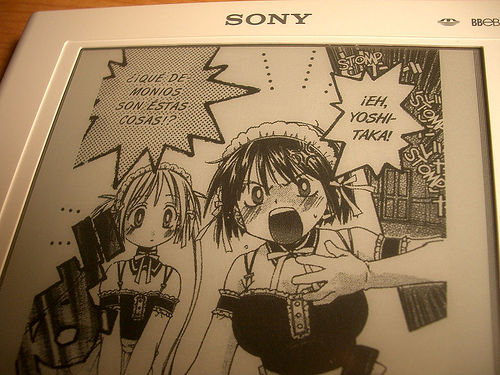 Last week, the Association for Learned and Professional Society Publishers (ALPSP) joined the escalating chorus of concern over the legality of Google’s library project, echoing a letter from the Association of American University Presses in May warning that by digitizing library collections without the consent of publishers, Google was about to perpetrate a massive violation of copyright law. The library project has been a troublesome issue for the search king ever since it was announced last December. Resistance first came from across the Atlantic where French outrage led a unified European response to Google’s perceived anglo-imperialism, resulting in plans to establish a European digital library. More recently, it has come from the anglos themselves, namely publishers, who, in the case of the ALPSP, “absolutely dispute” Google’s claim that the project falls within the “fair use” section of the US Copyright Act. From the ALPSP statement (download PDF):
Last week, the Association for Learned and Professional Society Publishers (ALPSP) joined the escalating chorus of concern over the legality of Google’s library project, echoing a letter from the Association of American University Presses in May warning that by digitizing library collections without the consent of publishers, Google was about to perpetrate a massive violation of copyright law. The library project has been a troublesome issue for the search king ever since it was announced last December. Resistance first came from across the Atlantic where French outrage led a unified European response to Google’s perceived anglo-imperialism, resulting in plans to establish a European digital library. More recently, it has come from the anglos themselves, namely publishers, who, in the case of the ALPSP, “absolutely dispute” Google’s claim that the project falls within the “fair use” section of the US Copyright Act. From the ALPSP statement (download PDF):
The Association of Learned and Professional Society Publishers calls on Google to cease unlicensed digitisation of copyright materials with immediate effect, and to enter into urgent discussions with representatives of the publishing industry in order to arrive at an appropriate licensing solution for ‘Google Print for Libraries’. We cannot believe that a business which prides itself on its cooperation with publishers could seriously wish to build part of its business on a basis of copyright infringement.
In the relatively brief history of intellectual property, libraries have functioned as a fair use zone – a haven for the cultivation of minds, insulated from the marketplace of ideas. As the web breaks down boundaries separating readers from remote collections, with Google stepping in as chief wrecking ball, the idea of fair use is being severely tested.

 The other day, I came across an interesting experiment with a new model of distribution and ownership on the web, something that writers, publishers and journalists should pay attention to.
The other day, I came across an interesting experiment with a new model of distribution and ownership on the web, something that writers, publishers and journalists should pay attention to. 